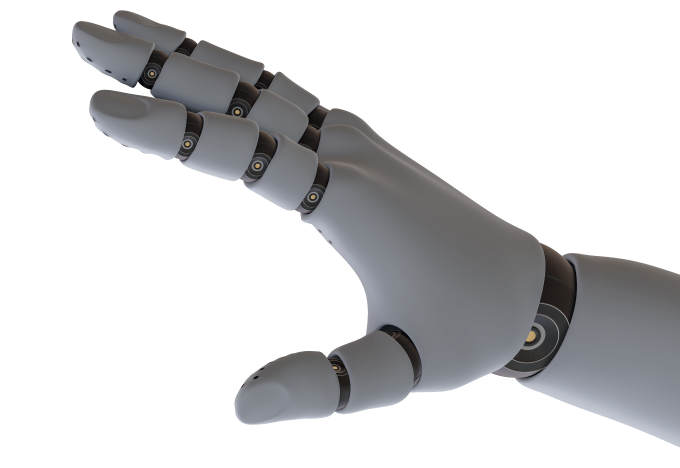Typical Day in the Role
Purpose of the Team: Team got expanded, so the role of sponsor is managing particular Ips that go into a chip.
Key projects
:
Next generation of the MEIA chip
Need someone to look into the design and understand what is happening / be able to assist
Typical task breakdown and operating rhythm:
- 10-20% meetings
- 70-80% heads down/focus work
Compelling Story & Candidate Value Proposition
What makes this role interesting? - This role provides the opportunity to work on one of the most critical AI chips
Unique Selling Points: Very challenging work where they can learn a ton and how each IP interacts
Candidate Requirements
Years of Experience Required: 5-7 overall years of experience in the field.
Degrees or certifications required: Bachelor's degree in a related technical field required; a Master's degree is preferred.
Best vs. Average: Have design and de-bugging experience in system blocks
Performance Indicators: Performance will be assessed based on Quality of work and meeting deadlines. They will be working alongside the lead designer to get these projects done
Top 3 Hard Skills Required + Years of Experience
1. Minimum 5-7+ years experience with Complex RTL work experience.
2. Minimum 5-7years experience with Design Verification (de-bugging).
3. Minimum 5-7years experience with RTL fundamentals (quality checks such as cdc and lint).
Hard Skills Assessments
Expected Dates that Hard Skills Assessments will be scheduled: ASAP
Hard Skills Assessment Process: The assessment process will include 25-minute HSA with sponsor.
Required Candidate Preparation: Candidates should have their resume prepared prior to the assessment.
Job Responsibilities:
- Create design specifications and test plans in collaboration with other teams.
- Implement and verify RTL (Register Transfer Level) designs for image and video processing blocks
- Support verification engineers to ensure bug-free silicon
- Perform front end synthesis and analysis timing results .
- Run CDC and Lint for the design blocks.
- Analyze and provide direction in terms of performance, gate count, and power for various digital designs
- Collaborate with cross-functional teams to integrate Ips.
Summary:
The main function of a hardware engineer is to research, design, develop, test computer or computer-related equipment for commercial, industrial, military, or scientific use. A typical hardware engineer is responsible for the manufacture and installation of computer or computer-related equipment and components.
Job Responsibilities:
- Analyze information to determine plan layout, including type of computers and peripheral equipment modifications.
- Assemble and modify existing pieces of equipment to meet special needs.
- Build, test, and modify product prototypes using working models or theoretical models constructed with computer simulation.
- Evaluate factors such as reporting formats required, cost constraints, and need for security restrictions to determine hardware configuration.
- Monitor functioning of equipment and make necessary modifications to ensure system operates in conformance with specifications.
Skills:
- Creativity, verbal and written communication skills, analytical and problem solving ability.
- Team player and detail oriented.
- Basic knowledge of design techniques, tools and principles involved in production of precision technical plans, blueprints, drawings and models.
- Basic knowledge of transmission, broadcasting, switching, control and operation of telecommunications systems.
- Basic knowledge of the practical application of engineering science and technology.
- Basic knowledge of circuit boards, processors, chips, electronic equipment, and computer hardware and software, including applications and programming.
- Previous experience with computer applications and design software related to engineering field.
Education/Experience:
- Bachelor's degree in engineering required.
- 8-10 years experience required.

